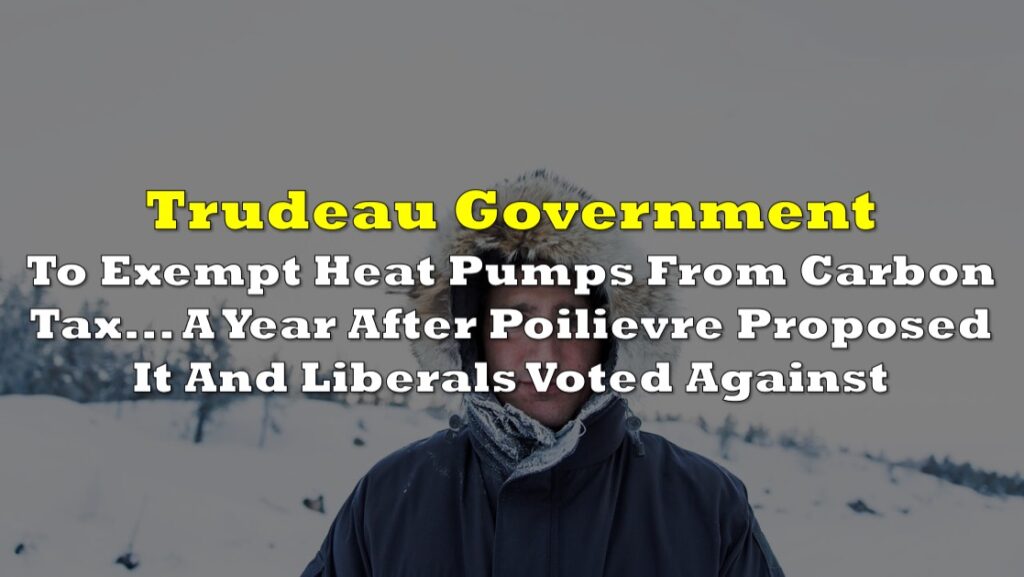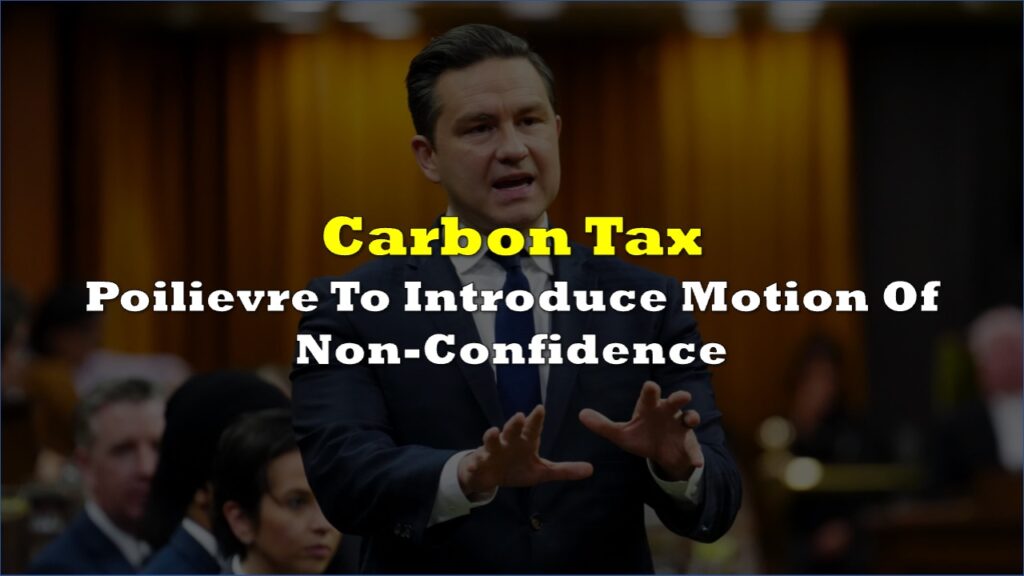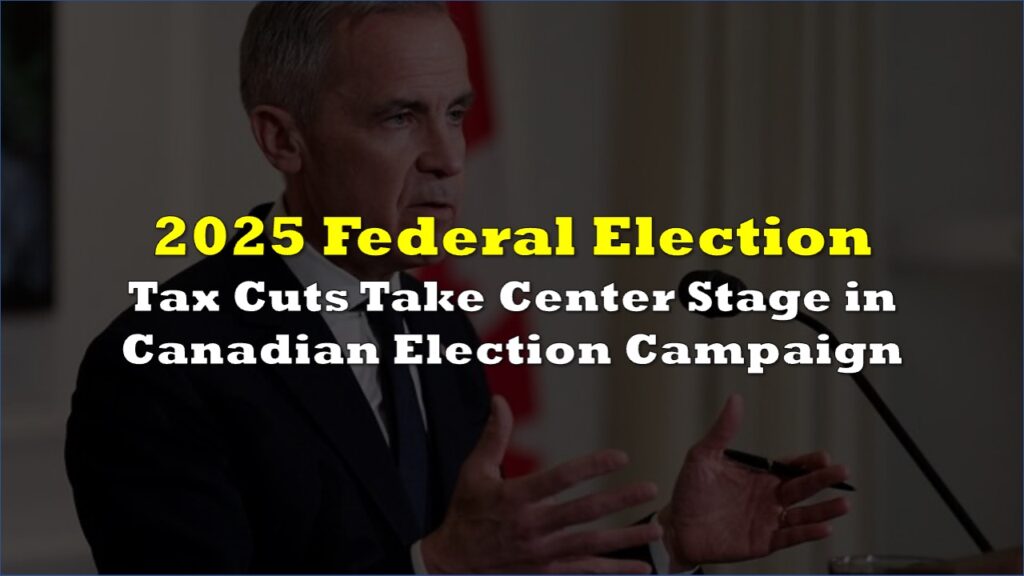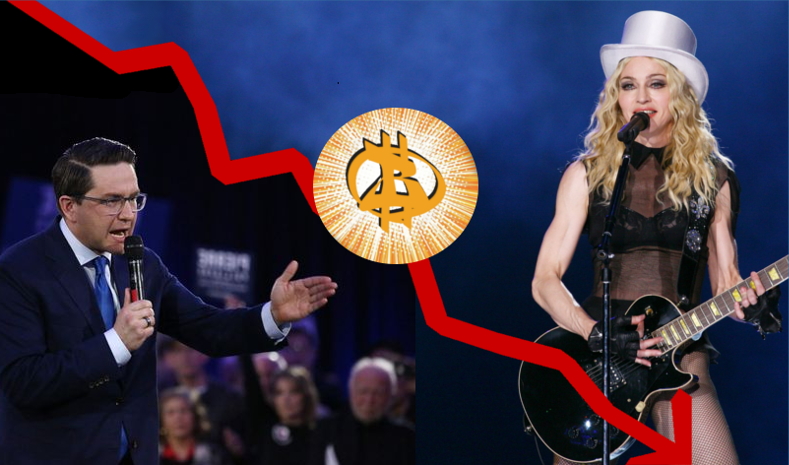Conservative Leader Pierre Poilievre pledged to drastically accelerate Canada’s resource development through a new “shovel-ready zones” program, positioning resource policy as a key election issue just days before Prime Minister Mark Carney called a snap election for April 28 amid escalating trade tensions with the United States.
Speaking to supporters in Jonquiere, Quebec, Poilievre attacked what he described as Canada’s stifling regulatory environment for major projects.
“We block everything in this country,” Poilievre said during his Thursday announcement. “We get in our own way. It takes 17 years to get a mine approved in Canada.”
Conservatives announce plan for “Canada First with Shovel-Ready Zones”—pre-approved areas to build mines, data centres, pipelines, LNG plants and more.
— Pierre Poilievre (@PierrePoilievre) March 20, 2025
No uncertainty or years of delay. Just go!
Sign here to Build Canada First: https://t.co/eIy7PDtCaB pic.twitter.com/aAyIbCj8lP
The Conservative proposal would create designated zones with pre-approved permits for energy and resource projects. Under the plan, the federal government would identify suitable development sites, complete environmental assessments in advance, conduct required Indigenous consultations upfront, and pre-approve permits before investors arrive.
Poilievre emphasized that his government would ensure these zones are safe and “won’t harm the people or the environment,” while dramatically reducing wait times for project approvals.
Companies would purchase pre-approved land and complete a standardized checklist explaining their environmental protection measures, with all permits made publicly available online.
The Conservative leader specifically promised to establish a pre-approved zone in Quebec’s Saguenay region for a natural gas liquefaction facility, criticizing the current government’s opposition to the LNG Canada project in the area.
“The Liberal government in Ottawa opposed the LNG Canada project in Saguenay, which would have brought Canadian natural gas to the Europeans,” he said, pledging to work with Quebec’s government and municipalities on the initiative.
Want Canada to be stronger in the face of foreign threats? 🇨🇦
— Jason Kenney 🇨🇦🇺🇦🇮🇱 (@jkenney) March 19, 2025
Then we have to do this. 👇
Earlier this month I was at PDAC in Toronto, the world’s largest mining industry conference.
The consensus? No company is touching the Ring of Fire because they estimate it takes… https://t.co/wTigu1SMIC
This announcement builds on Poilievre’s Wednesday promise in Sudbury, Ontario to implement a six-month approval deadline for federal Ring of Fire permits — signaling resource development as a central theme of his election campaign.
Environmental organizations quickly condemned the proposal. Keith Stewart of Greenpeace Canada called the areas “sacrifice zones” and described the plan as “a fire-sale of Canadian resources to wealthy oil, gas and mining companies.”
Environmental and safety assessments need to take into account the specifics of a project in order to be effective, Stewart added.
Some Indigenous leaders are also concerned that Poilievre’s accelerated approval process might not fulfill the legal duty to consult with First Nations.
The Conservative campaign is targeting resource-rich regions currently held by other parties. The Jonquiere riding where Poilievre made his announcement is currently represented by Bloc Québécois MP Mario Simard.
Conservative candidate Fanny Boulanger will challenge Simard in the April election. Boulanger previously introduced Poilievre at a “Canada First” rally in Ottawa in February, an event widely interpreted as an attempt to reset the party’s messaging following Justin Trudeau’s resignation and US. President Donald Trump’s inauguration.
Poilievre also used Thursday’s press conference to criticize Prime Minister Carney’s financial holdings, particularly his connections to Brookfield Asset Management, where he served as board chair before entering politics.
The snap election called by Carney on Sunday comes as Canada grapples with what the Prime Minister described as “the most significant crisis of our lifetimes because of President Trump’s unjustified trade actions and his threats to our sovereignty.” Carney, who was elected by the Liberal Party earlier this month following Justin Trudeau’s resignation, said he needs a “strong mandate to deal with tariffs issued by the Trump administration.”
Trump has imposed 25% tariffs on Canadian steel and aluminum imports and threatened additional tariffs on dairy and lumber. Canada has responded with $21 billion in retaliatory tariffs. The President has also repeatedly suggested that Canada should become America’s 51st state.
“We will never, ever, in any way, shape or form, be part of the United States,” Carney declared when sworn in as prime minister.
With the election now set for April 28, resource development and economic policies will feature prominently in the campaign, as parties present competing visions for Canada’s energy and mining sectors amid growing US-Canada trade tensions.
Information for this story was found via the sources and companies mentioned. The author has no securities or affiliations related to the organizations discussed. Not a recommendation to buy or sell. Always do additional research and consult a professional before purchasing a security. The author holds no licenses.









